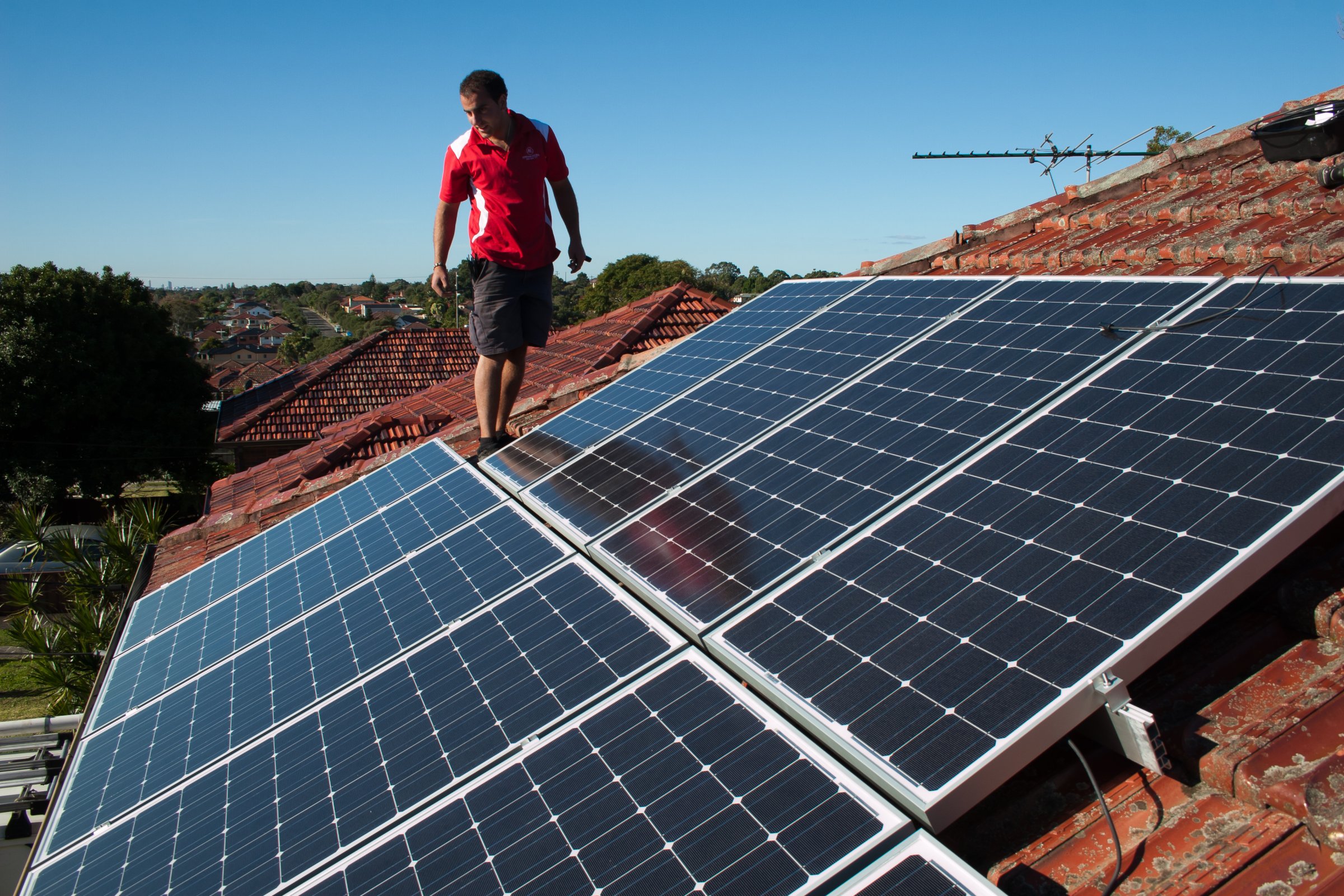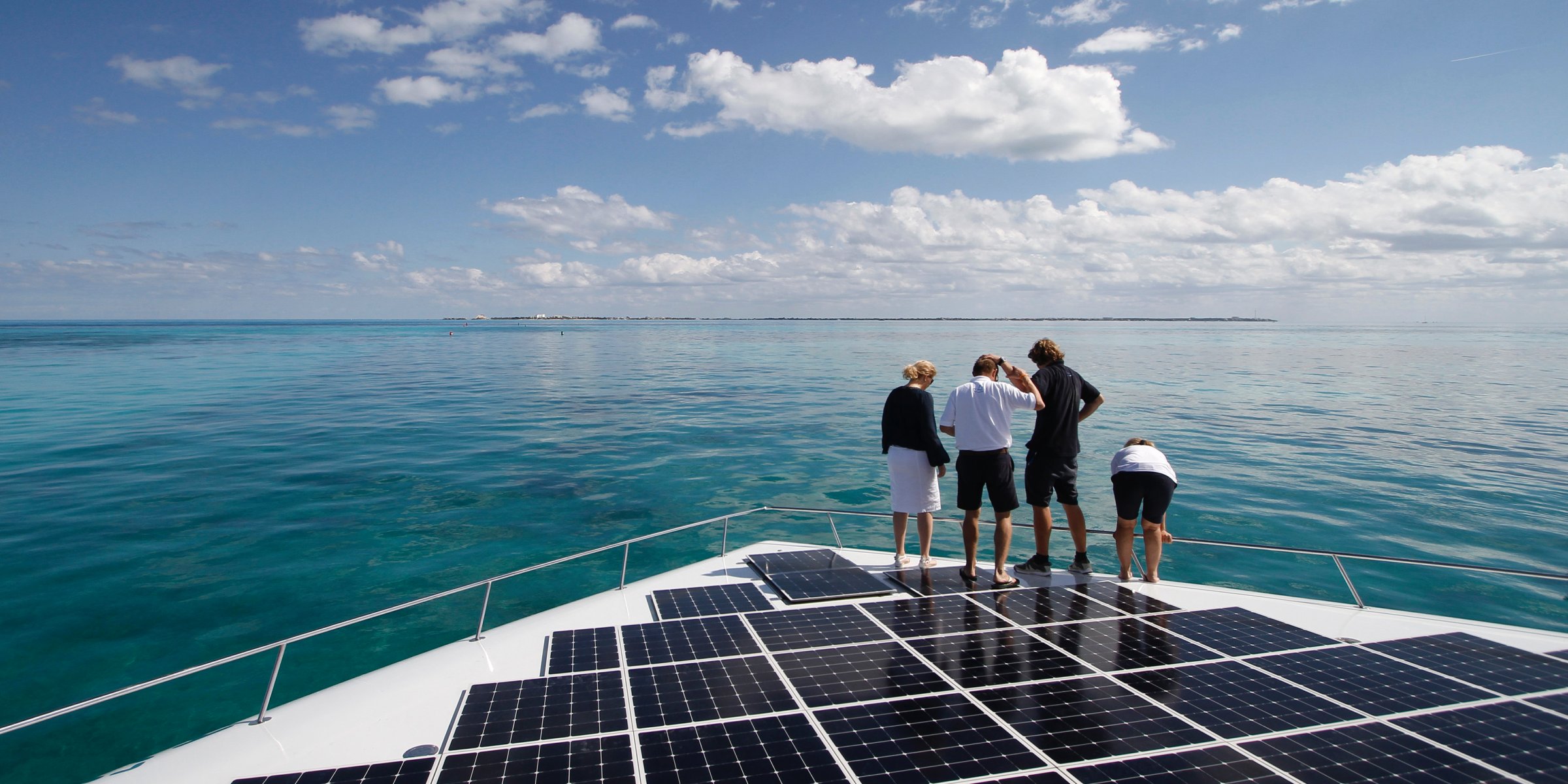Franchising, retail, business

27/08/2016
The incredible growth in residential solar installations in the U.S., from almost nothing to over 2 GW per year over the past decade, hasn't been as widespread as you might think.
Growth has been consolidated in solar-friendly states like California, Hawaii, New Jersey, and New York with most of the country left out.
The fact that sunny, southern states like Florida and North Carolina have been left out of the market isn't because they don't have available sunlight.
State policies blocking rooftop solar is often the reason the industry hasn't taken off. But new developments in the solar industry could change that dynamic.
How solar has been kept out of Florida and North Carolina
The solar lease or power purchase agreement has driven the growth of the residential solar industry over the past few years. SolarCity, Vivint Solar, and Sunrun have built their businesses on owning the solar-power system on their customers' roofs and then selling them energy over the contract term, usually 20 years. This is known as third party ownership of rooftop solar.
But states like Florida and North Carolina have blocked third party solar ownership, effectively killing the market. Duke Energy and NextEra Energy have been successful in blocking companies from using the financing method, even though they're trying to build a lot of solar themselves.
Today's solar companies are starting to rely less and less on the solar lease or PPA, which could mean opening up some markets that have thus far been shut down.

The solar loan gains power
What was lost in the growth of third party solar ownership was companies building businesses that allowed homeowners to own solar-power systems themselves. And there was a good reason. Solar companies could use a complex web of subsidies and finance systems more effectively than homeowners who might use loans, which weren't widely available.
Now, loans are starting to become more widely available and subsidies are dropping, making it more attractive for homeowners to buy solar systems with cash or loans. SunPower has been selling about 70% of their rooftop solar systems with cash or loans, but SolarCity, Vivint Solar, and Sunrun are following in the same path with new loan and cash offerings.
This is important because homeowner ownership of solar isn't blocked in most states the way third party ownership is. The advent of a more competitive solar loan opens up new states like Florida and North Carolina and the impact could be huge.
In 2015, according to GTM Research, 2.1 GW of residential solar was installed in the U.S. and almost half of that was in California. North Carolina installed 1.1 GW, with almost no residential market. And Florida's solar market is almost nonexistent, ranking 16th in the country. Both states could easily be 200 MW markets or more, adding a large amount of growth to the residential solar industry.
Fonte:http://uk.businessinsider.com/solar-industry-could-explode-thanks-to-opportunities-in-sunny-states-2016-8?nr_email_referer=1&utm_content=BISelect&utm_medium=email&utm_source=Sailthru&utm_campaign=BI%20Select%20Weekend%202016-08-27&utm_term=Business%20Insider%20Select%20-%20Engaged%2C%20Active%2C%20Passive%2C%20Disengaged?r=US&IR=T